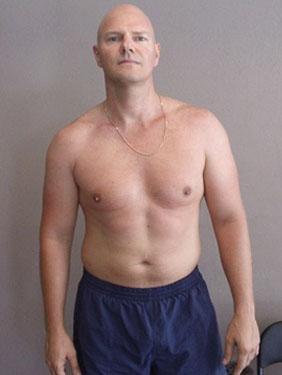Stress. How many times do you hear that word each day?
According to the World Health Organisation (WHO) we’re hearing it more than ever before. In fact, WHO have declared stress as, “the health epidemic of 21st century” costing businesses an estimated 300 billion US$ per year.
Some research argues that a little bit of stress can motivate people and get their creative juices flowing. Negative stress, however, has proven to have a detrimental effect on many people’s health. It can result in physical burnout, mental fatigue, anxiety, emotional imbalance or spiritual emptiness. When you have nothing in the tank we are as good as useless to ourselves, family and in the workplace.
The first thing to know? You are not alone. It’s only human to feel anxious and there’s no one alive who manages to skirt around stress.
Did you know that exercise is a fantastic stress reliever?
Exercise and physical activity produce endorphins – those chemicals in the brain that act as natural painkillers - that boost your sense of well-being and distract you from daily worries.
It's meditation in motion. After a run around the park or several laps in the pool, you'll often find that you've forgotten the day's irritations. As you begin to regularly shed your daily tensions through movement and physical activity, you may find that this focus on a single task, and the resulting energy and optimism, can help you remain calm and clear in everything you do.
It improves your mood. Regular exercise can increase self-confidence, it can relax you, and it can lower the symptoms associated with mild depression and anxiety. Exercise can also improve your sleep, which is often disrupted by stress, depression and anxiety. All of these exercise benefits can ease your stress levels and give you a sense of command over your body and your life.
A successful exercise program begins with a few simple steps.
Consult with your doctor. If you haven't exercised for some time and you have health concerns, you may want to talk to your doctor before starting a new exercise routine.
Walk before you run. Build up your fitness level gradually. Excitement about a new program can lead to overdoing it and possibly even injury.
For most healthy adults, the Department of Health and Human Services recommends getting at least 150 minutes a week of moderate aerobic activity (such as brisk walking or swimming) or 75 minutes a week of vigorous aerobic activity (such as running). You also can do a combination of moderate and vigorous activity.
Also, incorporate strength training exercises at least twice a week.
Do what you love. Virtually any form of exercise or movement can increase your fitness level while decreasing your stress. The most important thing is to pick an activity that you enjoy.
If you need any help to get started, call us today.

























Comments (0)